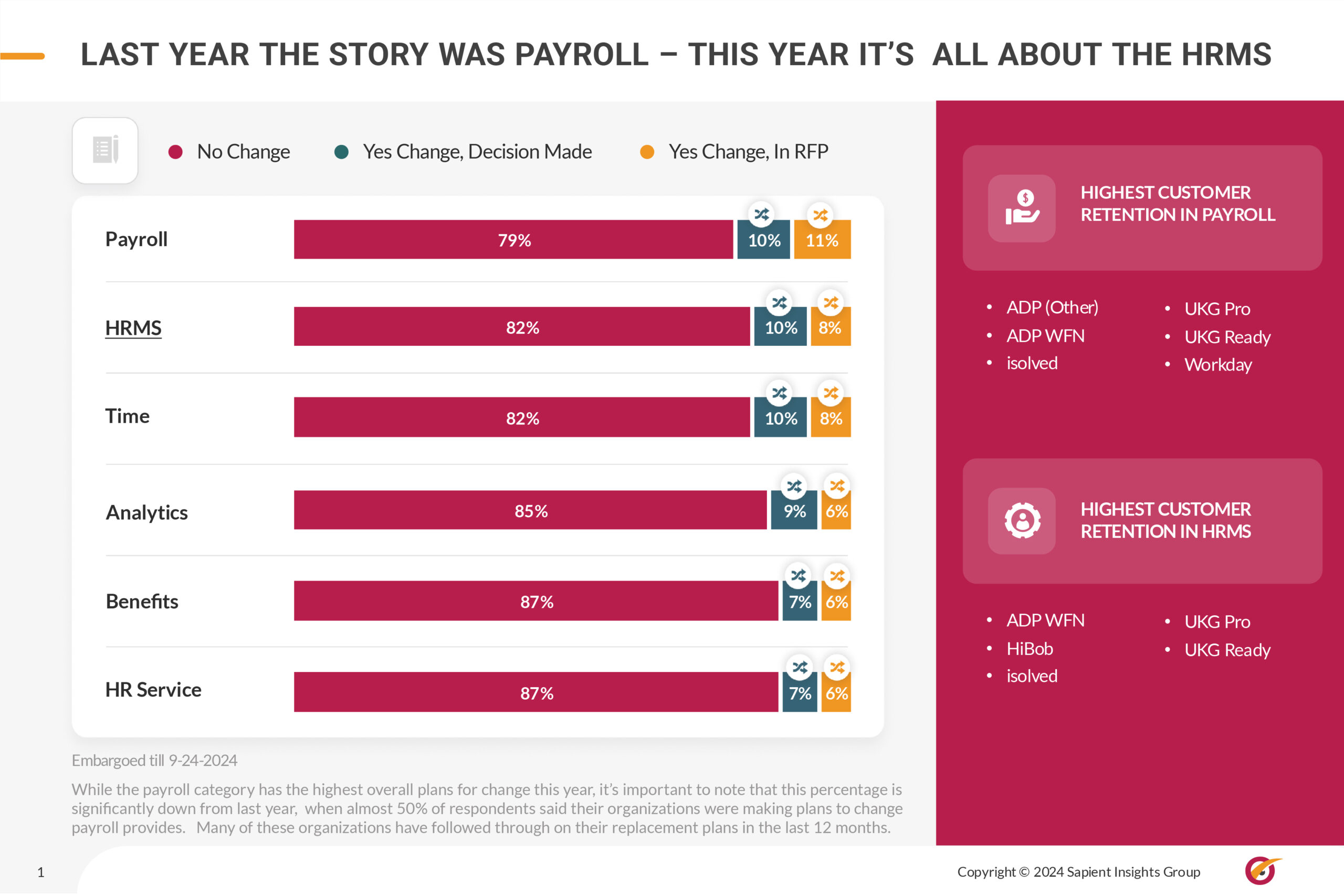The talent imperative: Flexibility is a magnet for talent
- HRM Asia Newsroom

In a fall 2021 study conducted by Fortune, 73% of CEOs named the labour/skills shortage as a likely top-three disruptor of their business strategy in the next 12 months. Subsequently, the year saw a record number of workers quit their jobs worldwide.
The talent imperative predicted by CEOs is echoing loudly and consistently across human resources now. In early 2022, Fortune and the Institute for Corporate Productivity (i4cp)—a global business research firm—partnered to better understand the hypercompetitive talent market and top companies’ strategic responses.
The resulting study, The Talent Imperative, included a survey of 1,195 organisational leaders representing 77 countries. The research yielded 635 responses from large organisations (> 1,000 employees) and 58 from organisations in Southeast Asia (>100 employees).
Most large organisations (76%) experienced increased attrition in the past year. However, those in Southeast Asia recorded the lowest growth in attrition rate of any region, with only 52% of respondents indicating an increase over the past year, compared with Latin America (56%), Europe (73%), the United States (76%), and Canada (80%).
i4cp defines employee value proposition (EVP) as the current and evolving set of relevant benefits (monetary and non) and opportunities provided to employees in return for the skills, capabilities, and expertise they bring to the organisation. To compete for talent in 2022, the three most important elements of EVP cited by those surveyed were:
- Flexibility (49% from large organisations / 49% from Southeast Asia)
- Commitment to diversity, inclusion, and belonging (33% from large organisations / 13% from Southeast Asia)
- The purpose/mission of the organisation (29% from large organisations / 21% from Southeast Asia)
Only a quarter of respondents from large organisations cited compensation as one of the top three elements of their EVP this year (21% of Southeast Asian respondents). This indicates that companies are looking to non-traditional benefits to attract and retain talent—elements that speak more to the culture of the organisation.
Interestingly, while the largest share of Southeast Asian respondents indicated flexibility as being most important, their second and third priorities were far different from the aggregate of all survey participants. Specifically, 44% of those from Southeast Asian organisations emphasised both career advancement and holistic health and wellness as key components of their EVP—more than any other region. Southeast Asian respondents emphasised career advancement four times more than European respondents and twice more than Canadians. They emphasised holistic health and wellness twice more than Americans or Latin Americans.
The study clearly indicates that business leaders are betting on flexibility to attract and retain top talent over the coming year. But the survey also found that a minority (36%) of employers provide employees with considerable choice as to where to work, and only 19% reported providing employees with considerable choice as to when work gets done.
Echoing the global data, 38% of organisations in Southeast Asia provide considerable choice in where work gets done. However, 26% said they provide employees with considerable choice in when work gets done, the highest response of any region.
Published earlier this month, the i4cp study, Flexibility or Flight: Hybrid Strategies to Attract and Retain Talent, found that more flexibility in where and when work gets done also leads to better market and workforce outcomes.
Because most jobs across the globe cannot be done behind a desk, organisations can look to flexibility in when work gets done as an alternative to work-from-anywhere policies. This can be accomplished by shift swapping, flexible hours, job rotations, and other strategies to provide on-site workers more options than they have typically enjoyed.

“Creating and sustaining a culture in which connection and collaboration thrive should be a priority for all organisations.”– Dr Katheryn Brekken, Senior Research Analyst, Institute for Corporate Productivity (i4cp).
In fact, i4cp research found high-performing organisations are 2 times more likely to offer staggered hours within a fixed schedule as an opportunity for more flexible work. Many are also turning to apps and other platforms to give employees more control over their schedules and the ability to swap shifts or express shift preferences.
Creating and sustaining a culture in which connection and collaboration thrive should be a priority for all organisations. Those that fail to get creative with flexibility to fit workers’ needs likely will be far less competitive in attracting and retaining high-quality talent.
About the author: Dr Katheryn Brekken is Senior Research Analyst at the Institute for Corporate Productivity (i4cp). Join her at HR Tech Festival Asia 2022, where her session titled, The Talent Imperative, will take place on Thursday, May 12, from 2.30pm-3pm (SGT).






